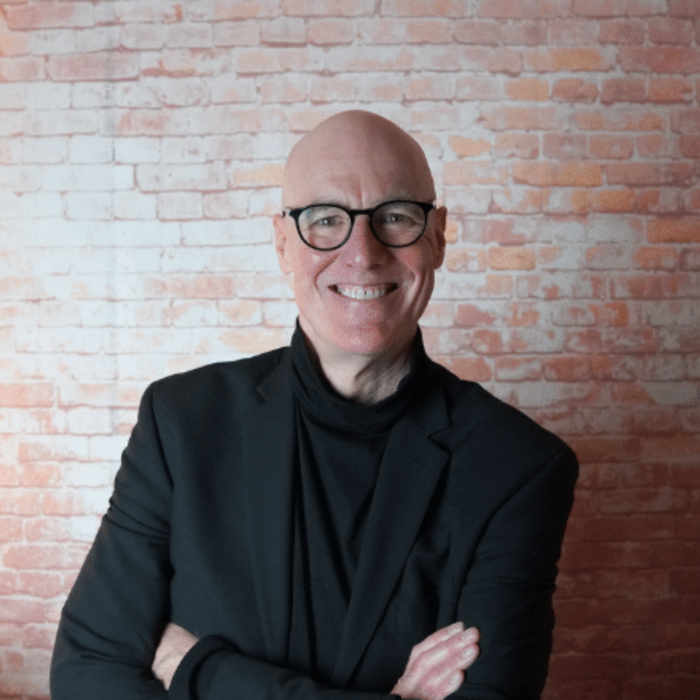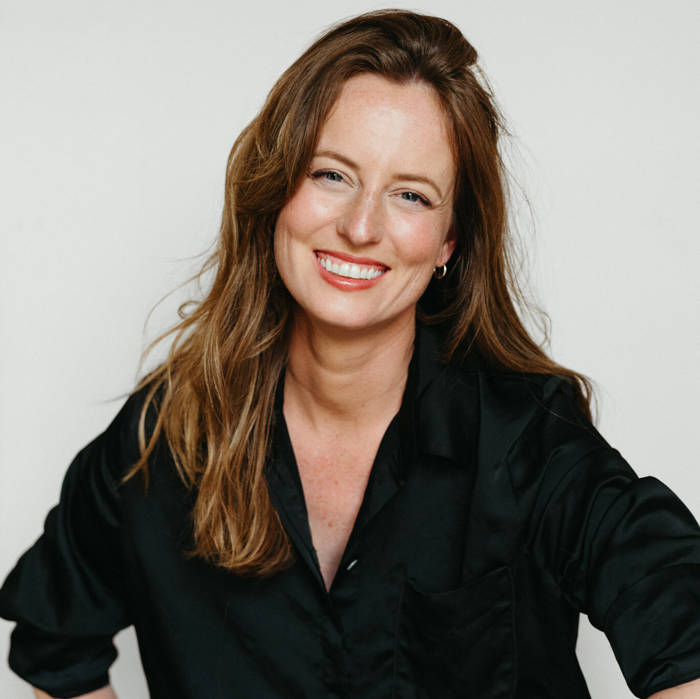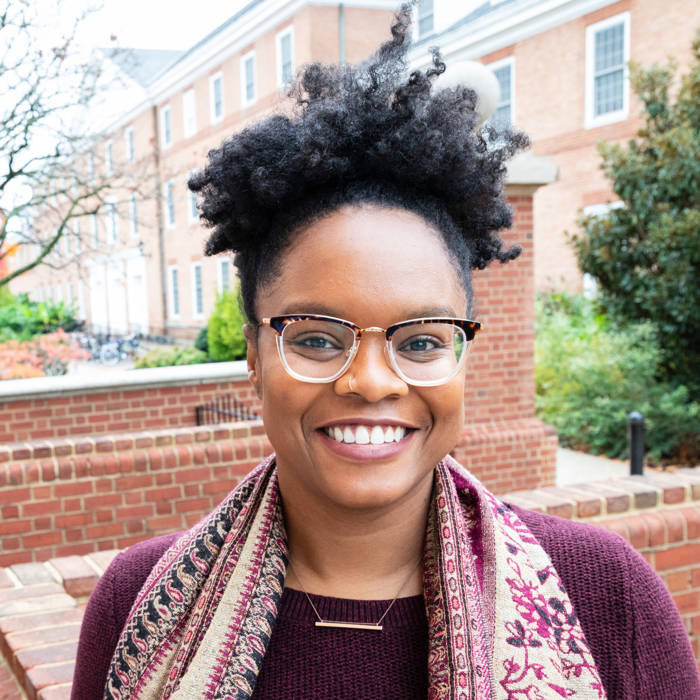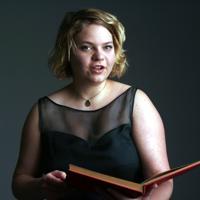Online Research Symposium: Singing, Wellbeing and Social Inclusion
Friday 24th September 2021, 9:00 AM - 12:30 PM (London Time)
The Voice Study Centre and De Montfort University’s Mary Seacole Research Centre are delighted to announce their next online symposium on Singing, Wellbeing and Social Inclusion on 24 September 2021 between 9am and 12:30pm (BST).
The symposium will be held on Zoom and is free of charge.
Programme:
9:00 Welcome with Prof Raghu Ragavan (Mary Seacole Research Centre, De Montfort University) and Debbie Winter (Voice Study Centre)
9:15 Prof Johann van der Sandt, University of Bozen/Bolzano, Italy
Musical Habits and Wellbeing of adolescent choir singers in Italy, Austria and Finland during Covid-19 Lockdowns
9:45 Dr Sanna Salminen, University of Jyväskylä, Finland
Benefits of Singing reflected in the conceptual framework of social inclusion
10:15 Celi Barberia, Sing Up Foundation, UK
Sing Up: Children and Young People and the benefits of singing
10:45 Emily Foulkes, Singing for Health Network and Voice Study Centre, UK
Singing for Health
11:15 Dr Motje Wolf, De Montfort University and Voice Study Centre, UK
The Effect of Covid-19 Lockdowns on Performer Identities of Professional Singers in the UK
11:45 Plenary
12:15 Good-bye
Dr Motje Wolf
Dr Motje Wolf was awarded a PhD in Music Education from De Montfort University Leicester (UK) and an MA from the University of Leipzig (Germany) in Musicology and Dramatics. Her research focuses on vocal pedagogy, epistemology and pedagogic knowledge exchange.
Emily Foulkes
Emily gained a Distinction in her Master’s in Voice Pedagogy, specialising in Singing for Mental Health, Pain Management, and Trauma-Informed Practice...
Johann van der Sandt
Johann van der Sandt completed his studies at the University of Pretoria, and his choral conducting at the Institute of Choral Conducting in Gorinchem, Netherlands. He is a sought after juror, composer and choral clinician.
Dr Sanna Salminen
Dr Sanna Salminen is an acknowledged music educator in her home country. She works as a university teacher in Music Pedagogy under the Department of Education at the University of Jyväskylä.
Celi Barberia
Celi Barberia has been working in music education for over 15 years, through fundraising and policy roles at Youth Music and then communications and marketing roles at Sing Up and has had a lifelong passion for the arts, education and working in charities.
Sorry, this is an archived short course...
We have plenty of upcoming short courses coming soon. See details of some of them below or look at the full list of short courses.

Tuesday 22nd July 2025
5:00 PM - 7:00 PM
Tuesday 29th July 2025
5:00 PM - 7:00 PM
Tuesday 5th August 2025
5:00 PM - 7:00 PM
Tuesday 12th August 2025
5:00 PM - 7:00 PM
Tuesday 19th August 2025
5:00 PM - 7:00 PM
Tuesday 26th August 2025
5:00 PM - 7:00 PM
(London Time)
Certificated Public Speaking Coach qualification - with John Henny

John Henny
Would you like to be a certified public speaking coach? Join the renowned John Henny for this exciting new online course! This six-week online certification course is designed to equip voice teachers with the specialised skills needed to work with public speakers, corporate trainers, educators, and presenters. Unlike a general public speaking course, this program is specifically tailored to train-the-trainer, giving voice professionals structured methodologies, coaching techniques, and applied skills to enhance vocal delivery, confidence, and influence in professional speakers.

Thursday 24th July 2025
5:00 PM - 6:00 PM
(London Time)
Transitioning From Soprano To Mezzo-Soprano - Pedagogical Approaches!

Dr Caitlin Moore
This workshop will explore the considerations for transitioning from soprano to mezzo-soprano. We will examine the history and vocal science related to voice classification as well as interviews with singers and voice teachers. Interviews feature singers who have experienced this Fach change themselves, as well as voice teachers who have helped singers navigate this shift.


Tuesday 29th July 2025
5:00 PM - 7:00 PM
(London Time)
Towards a Jazz Pedagogy: Lessons from Legends and Educators!

Dr Autumn Griffin
Join Dr Autumn Griffin as she explores the foundational tenets of jazz pedagogy as both a conceptual and practical framework for teaching, in this two-hour workshop. Drawing from her research in “Towards a Jazz Pedagogy: Learning with and from Jazz Greats and Great Educators,” she’ll investigate how jazz (its historical and cultural legacy, structure, improvisation, and relationality) can be mobilized to inform dynamic, liberatory educational practice!




